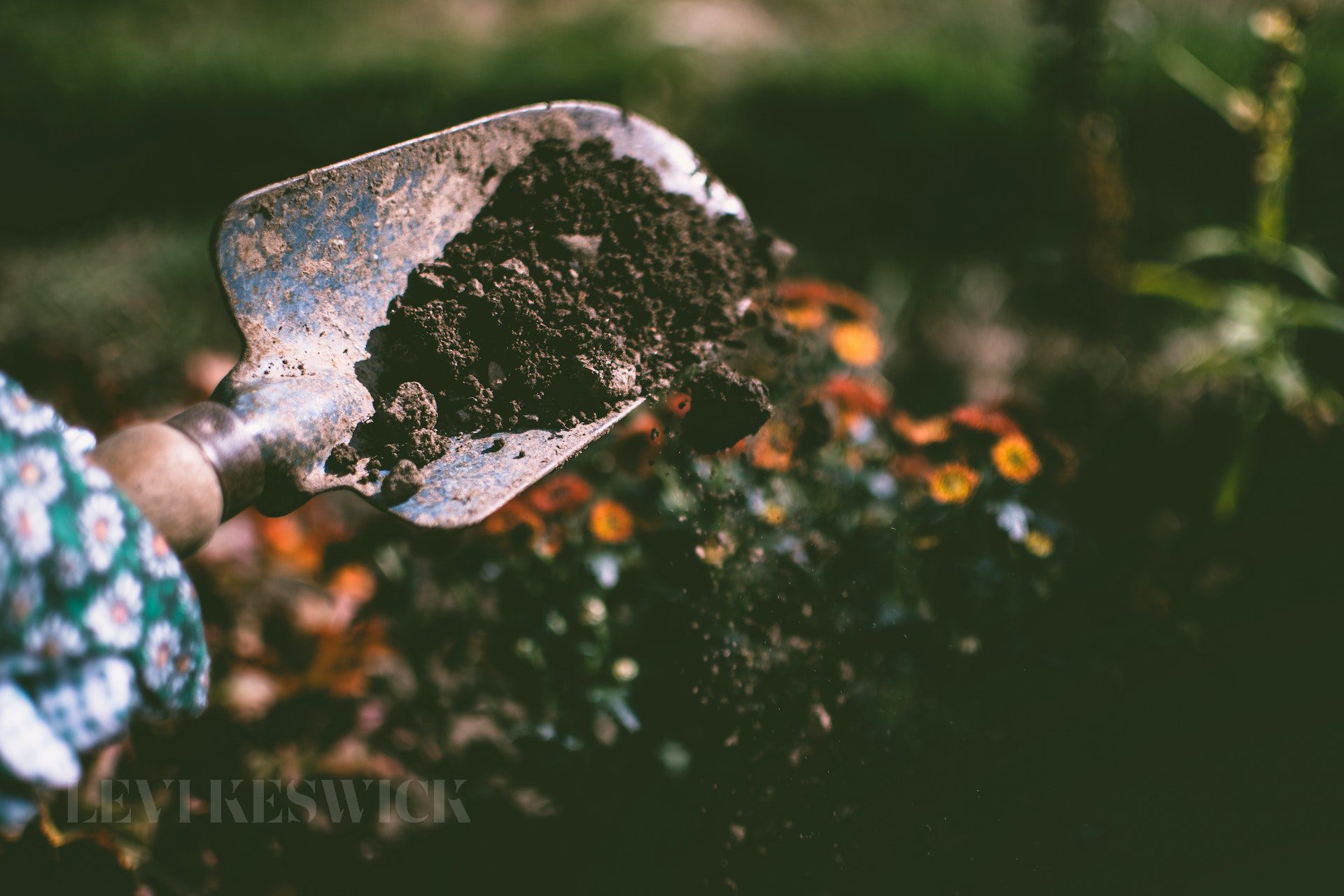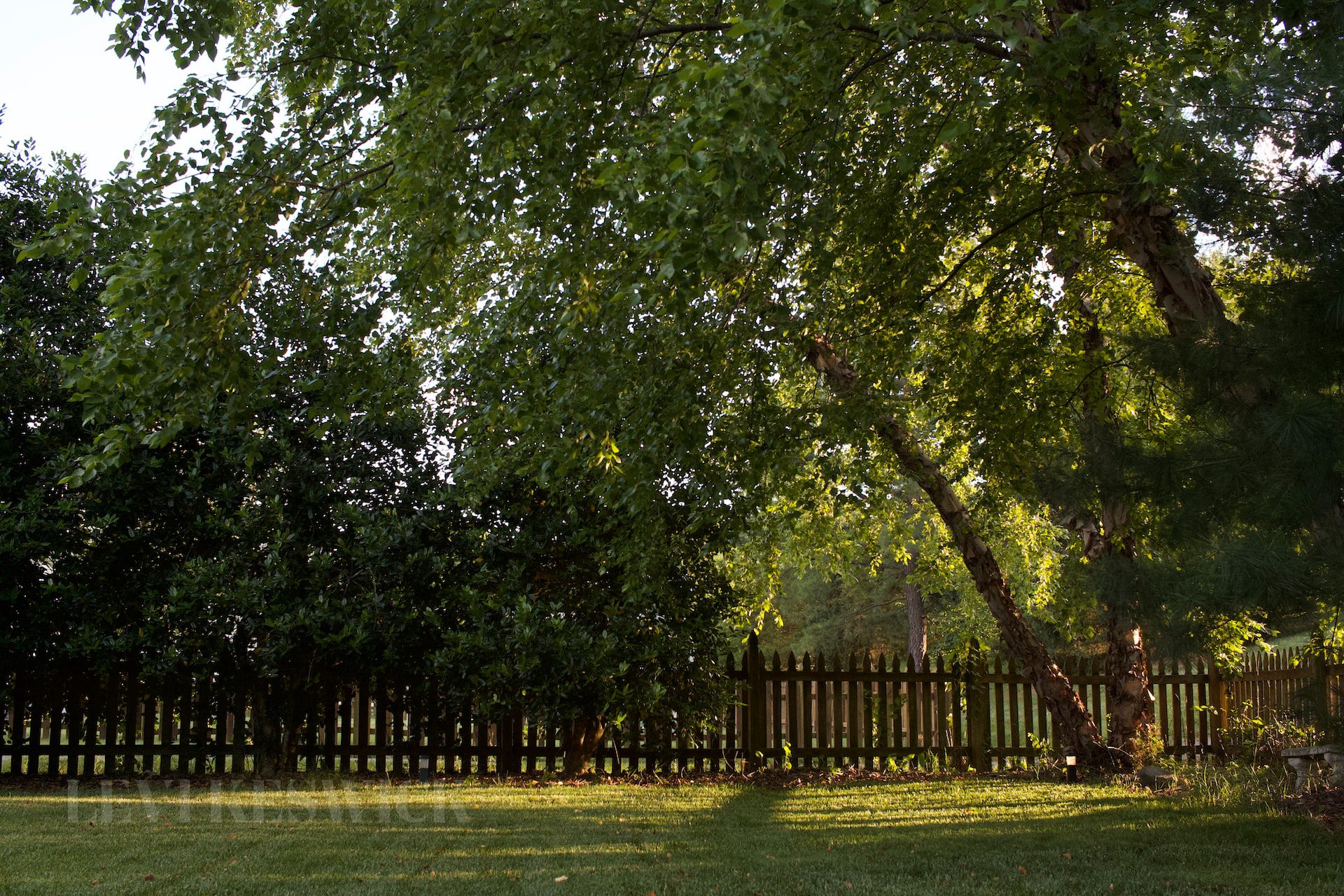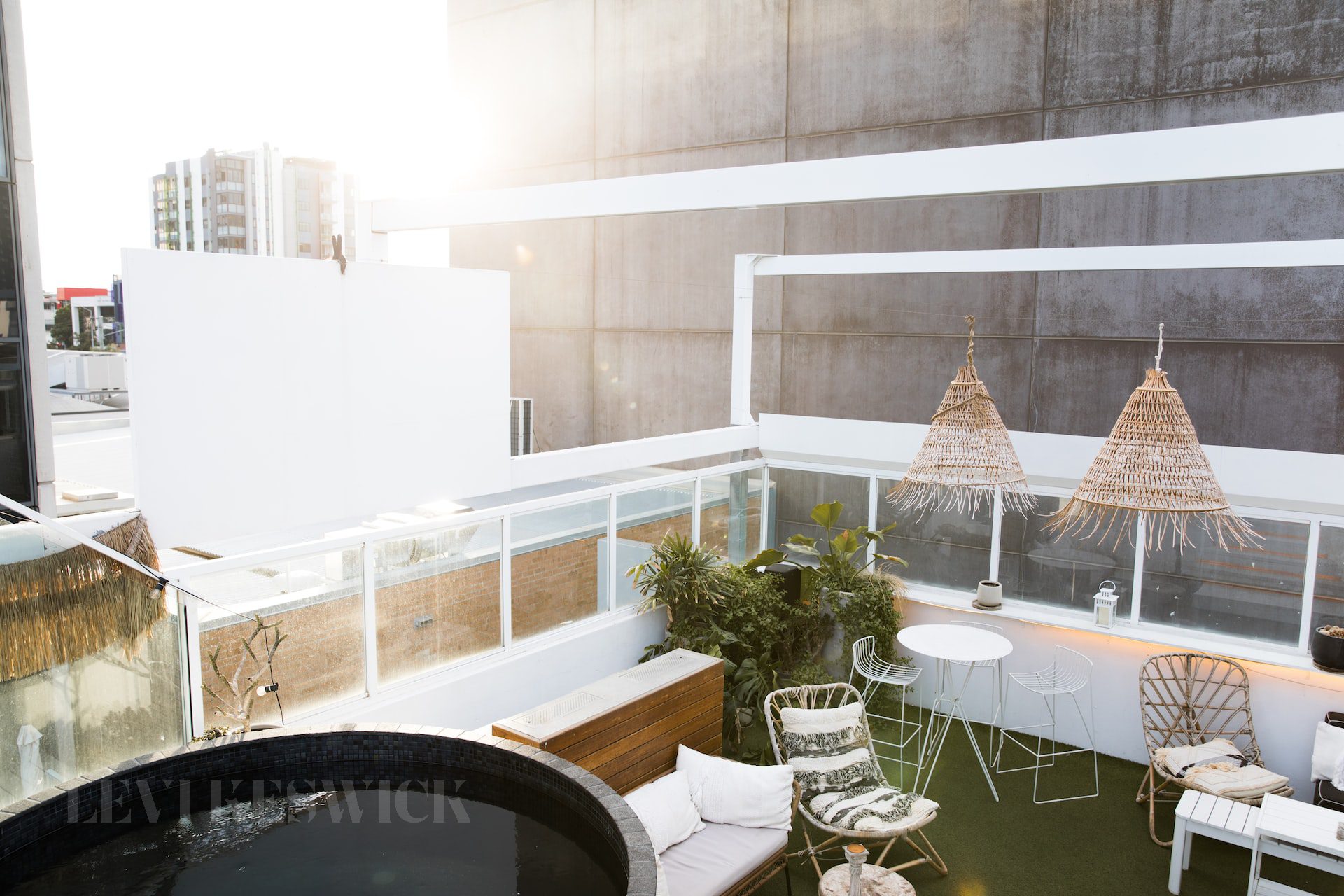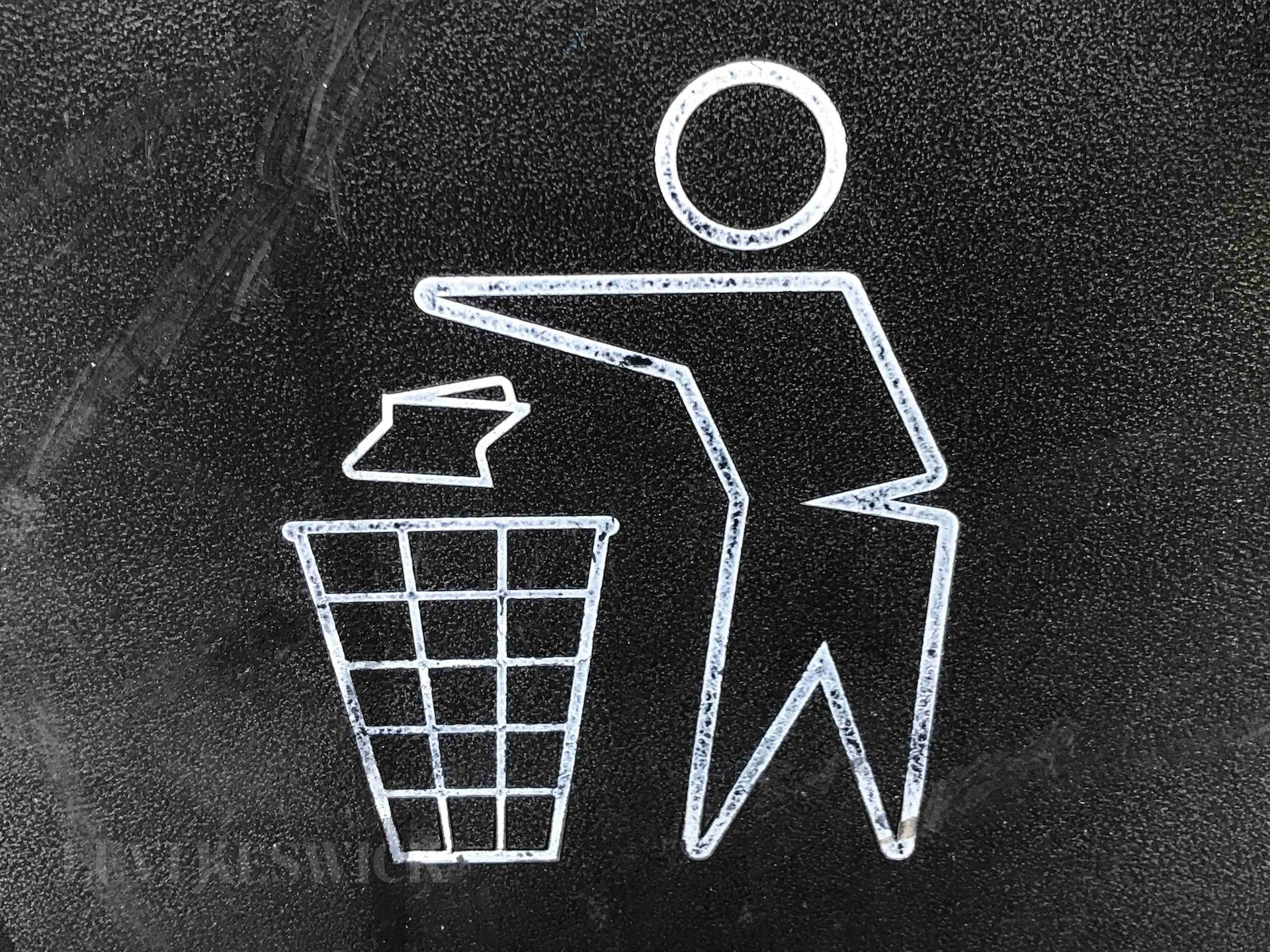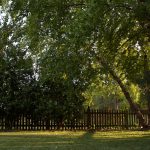If you are new to gardening, it can be a little daunting when you start to think about all of the things you need to know to do it properly. Don’t worry, though! This article has put together a list of some useful tips for beginners that will help you get started. Keep reading for more information.
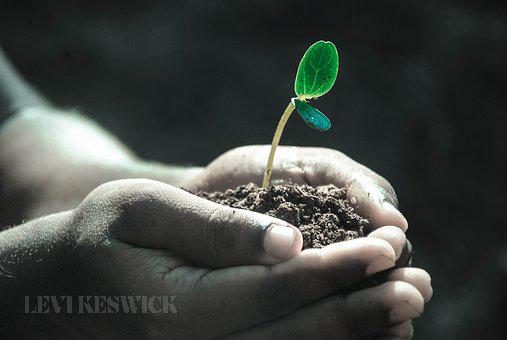
Choose the right kinds of plants to grow
One of the primary things you need to do when starting a garden is to choose the right kinds of plants to grow. This will depend on a few factors, such as the climate you live in and the amount of sunlight your garden gets. The green thumbs behind Harper’s Nurseries suggest that if you live in an urban area with limited space, you should focus on growing plants that don’t require a lot of room to spread out, such as herbs and salad greens. If you have a larger yard, you can think about planting things like tomatoes, peppers, or squash. Once you have an idea of what will grow well in your area, you can narrow down your choices even further by considering which plants you like the look of and which ones will be easiest for you to care for.
Get your soil tested
Another important step in starting a garden is to get your soil tested. This will help you determine what kind of nutrients it lacks so that you can add them before you start planting. It’s also a good idea to test your soil’s pH level to make sure it is in the range that most plants prefer (between six and seven). The pH level can affect how well your plants grow, so it’s important to get it right. You can get your soil tested at many nurseries or garden centers, or you can even do it yourself at home with a kit from a hardware store. If you decide to do it yourself, make sure to follow the instructions carefully.
Create a plan
Once you have an idea of what kinds of plants you want to grow and you know what your soil needs, it’s time to create a plan for your garden. This doesn’t need to be anything fancy – a simple sketch on a piece of paper will do. Just map out where you want to plant each type of plant and how much space you’ll need for each one. This will help you avoid overcrowding your plants and will make it easier to keep track of everything once you start planting. Keep in mind that your plants need ample space to grow, so don’t be afraid to leave some room in your plan.
Water your plants as necessary
One of the most important things to remember when gardening is to water your plants regularly. This is especially true in the summer months when the sun is out and the weather is hot. Make sure to check on your plants often to see if they need water. Wilting leaves are a sign that your plant is thirsty. Don’t let your plants dry out – give them a good watering as soon as you notice they need it. However, you also have to keep in mind that not all plants need the same amount of water. For example, succulents and cacti can survive on very little water, while other plants like tomatoes need quite a bit. Be sure to do some research on the specific needs of the plants you are growing so that you can give them the right amount of water.
Don’t forget about mulch
Mulch is a material (usually organic) that you spread over the surface of your soil to help retain moisture and prevent weed growth. It’s a good idea to add mulch to your garden beds before you start planting. This will help keep the soil moist and will also make it easier to control weeds. Once you’ve added your plants, you can add more mulch around them if necessary. Be sure to use the right kind of mulch for your plants as some plants prefer a certain type of mulch, such as bark or straw.
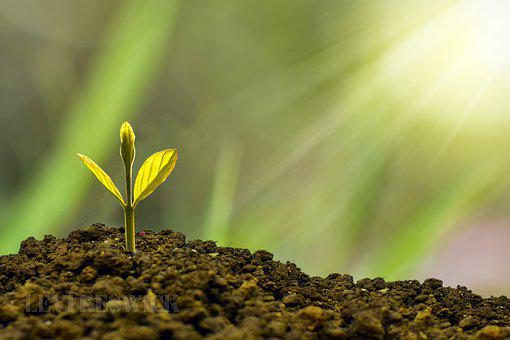
If you’re feeling overwhelmed by the thought of starting a garden, it’s important to remember that you can start small. You don’t need to have a huge plot of land or an extensive knowledge of plants to get started. Start with a few plants that you are confident you can care for, and then gradually add to your garden as you gain more experience. You’ll be surprised at how quickly it grows.



